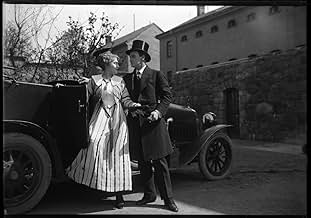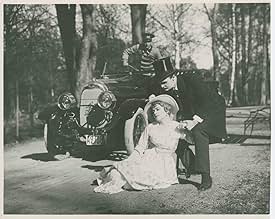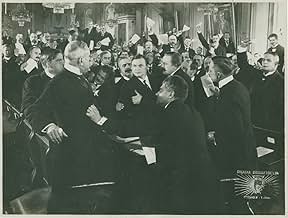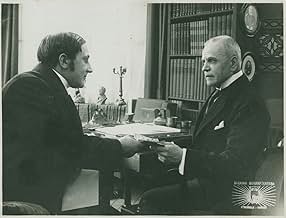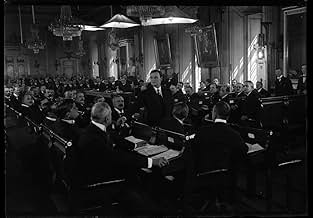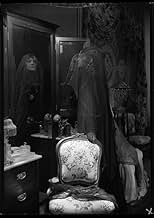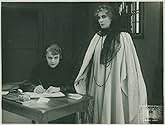Count Nikolai Johannsen reads a letter from who he thought was his mother. Her son died, and she substituted the half-gypsy child, whose mother was cursed to give him up and never acknowledge him as hers. Now Johannsen is about about to be appointed a minister, despite the opposition of his family's traditional foe, Albin Laven. Laven does not know that his daughter, Karin Molander and Johannsen are in love. A spy for Laven passes the letter onto him, and he prepares to accuse Johannsen of being the son of politically powerful seeress Ragna Wettergreen.
You know, the usual story. It's an important movie because it is an early feature directed by Mauritz Stiller, and it was missing for many years. Bits and pieces turned up here and there, and a restoration was made in 2005 that times in at 47 of its original 68 minutes.
A lot of early Scandinavian features have passed my eyes recently, and they have been given to lurid melodrama. Whether this is typical of the work of the era, or that is simply the stuff that has barely survived and been restored -- along with a lot of circus melodramas -- I cannot say. Certainly the story is internally consistent and the acting is good for the era. But I am left to wonder if Scandinavia was populated entirely by the nobility, gypsies, and traveling circuses.

